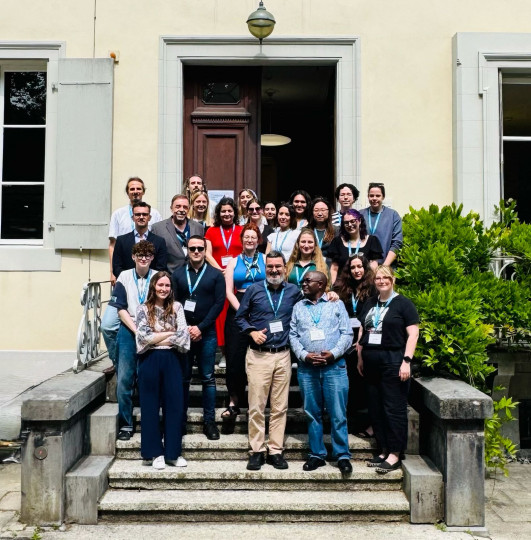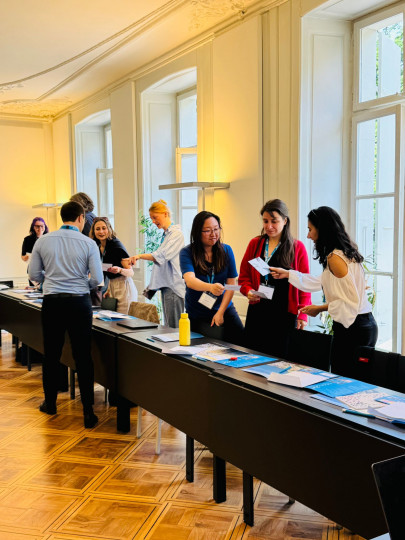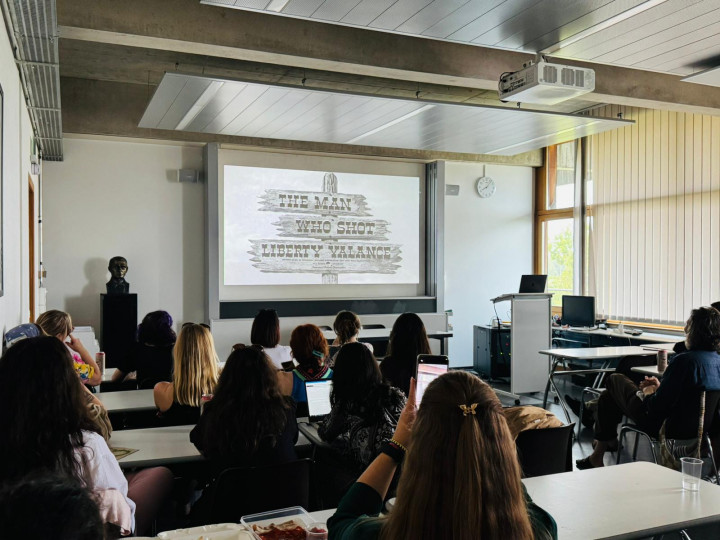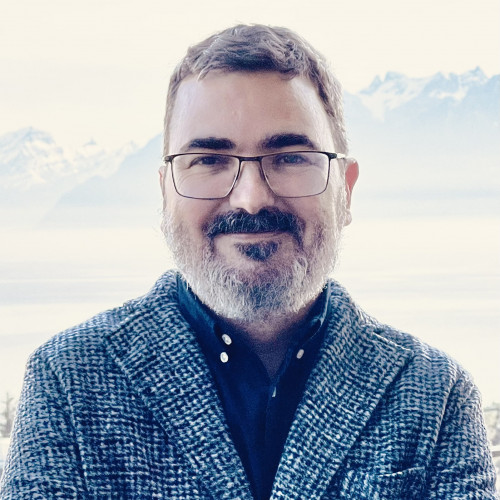Consolidating Community and Excellence in European Criminology: Second Edition of the ESC Summer School

From 9 to 13 June 2025, the second edition of the ESC Summer School took place at the University of Lausanne. This initiative is consolidating itself as a key platform for the academic development of early-career criminologists across Europe and beyond. Designed as a strategic effort to build and support a connected criminological community in Europe, the School’s main mission is to promote academic excellence among early career and PhD students but also to foster intergenerational dialogue and promote cohesion and collaboration among generations of criminologists.
Following a competitive selection process of the 40 applications received, 20 young researchers (the maximum number allowed to ensure the quality of the School) from 14 different countries took part in a programme structured to offer a demanding yet inspiring learning experience. The diversity of academic and geographical backgrounds among participants enriched the discussions and collaborative work, creating an open, dynamic, and engaged intellectual environment.
The academic programme combined high-level scientific sessions delivered by distinguished criminologists and recipients of various ESC Awards – including Per-Olof Wikström, Michele Burman, Anna Sergi, Eric Beauregard, Florian Kaiser and Gian Maria Campedelli – with a dedicated training module aimed at equipping participants with the tools to design and prepare competitive research proposals, such as Marie Skłodowska-Curie Actions and ERC Starting Grants. This component reflects a core conviction of the ESC: investing in the future of European Criminology means not only transmitting knowledge, but also enabling researchers to build strong, internationally oriented academic careers.

Beyond its academic dimension, the ESC Summer School is also grounded in the idea that human connection, informal exchange, and community-building are integral to scientific development. Throughout the week, participants shared not only lectures and workshops, but also moments of social interaction and leisure: from a hike and picnic in the UNESCO-recognised Lavaux region, to a criminology-themed cinema session or a photography contest, and a farewell dinner on the shores of Lake Geneva. All of this was made possible by the warm hospitality and support of the University of Lausanne, which hosted this edition with the same enthusiasm and care as the first.
With this second edition, the European Society of Criminology reaffirms its commitment to fostering a cohesive, diverse, and excellence-driven scientific community. The ESC Summer School reflects a firm commitment to intergenerational connection, knowledge exchange, and the promotion of a European Criminology with global ambition and a shared future.

The successful consolidation of this second edition not only paves the way for the upcoming third edition, which will take place in the first week of June 2026, but also encourages us to continue along this promising path of investing in the future of Criminology. Building on this momentum, the ESC is already exploring new initiatives, such as the potential launch of a Winter School in the coming years, further expanding the society’s commitment to supporting emerging scholars and strengthening the criminological community across Europe and beyond.
